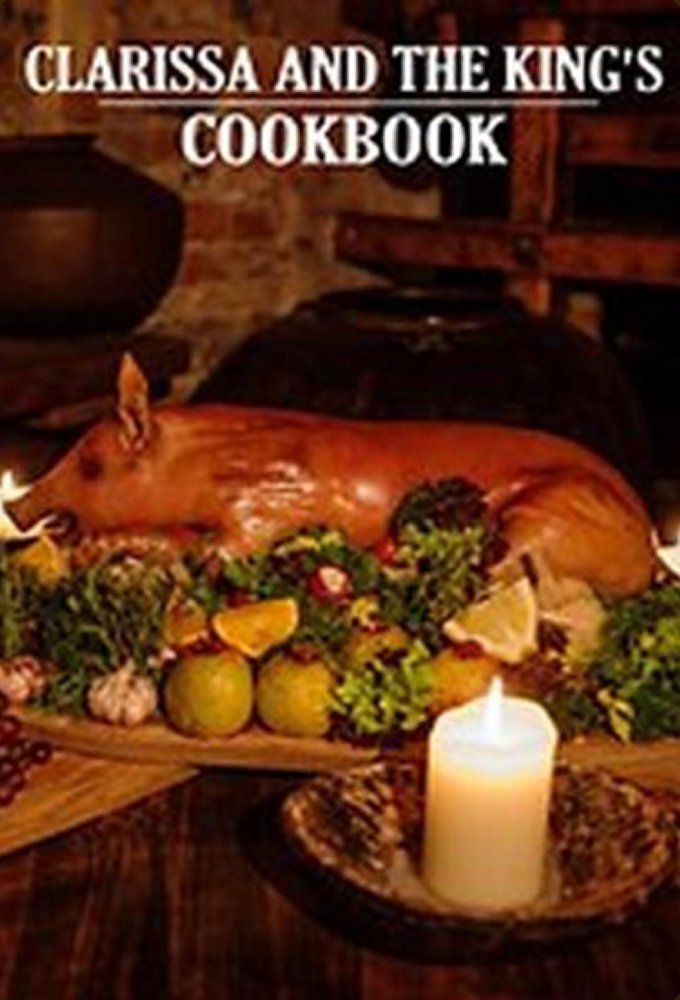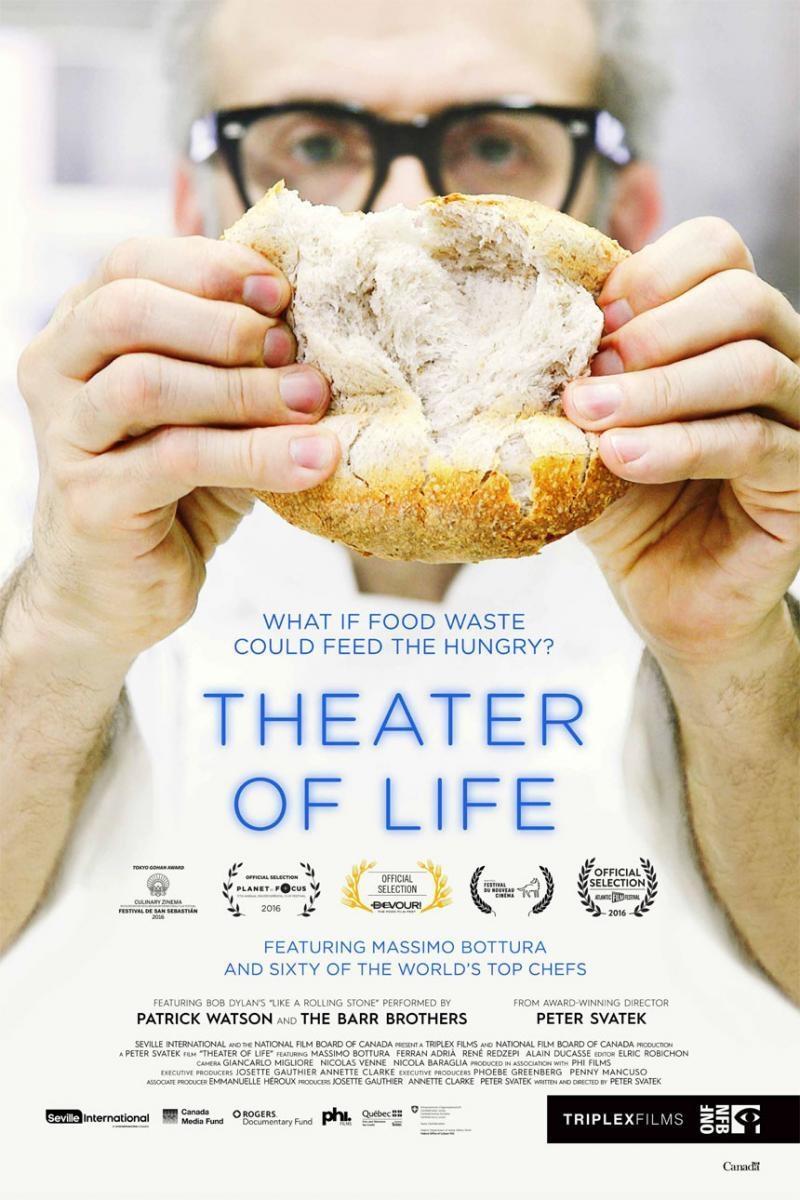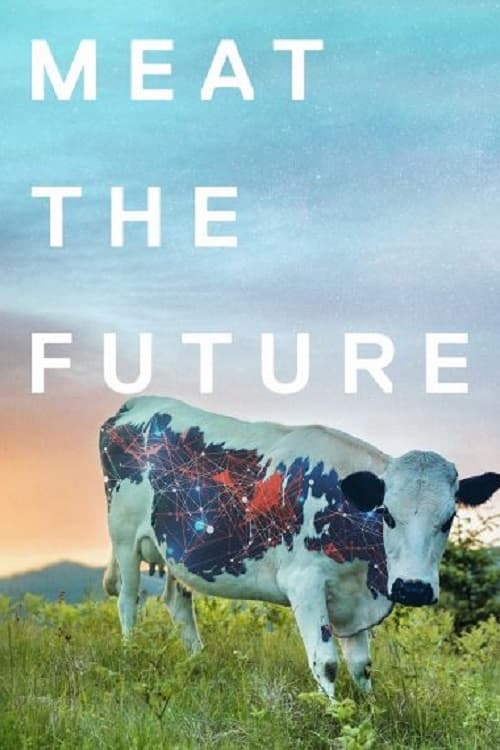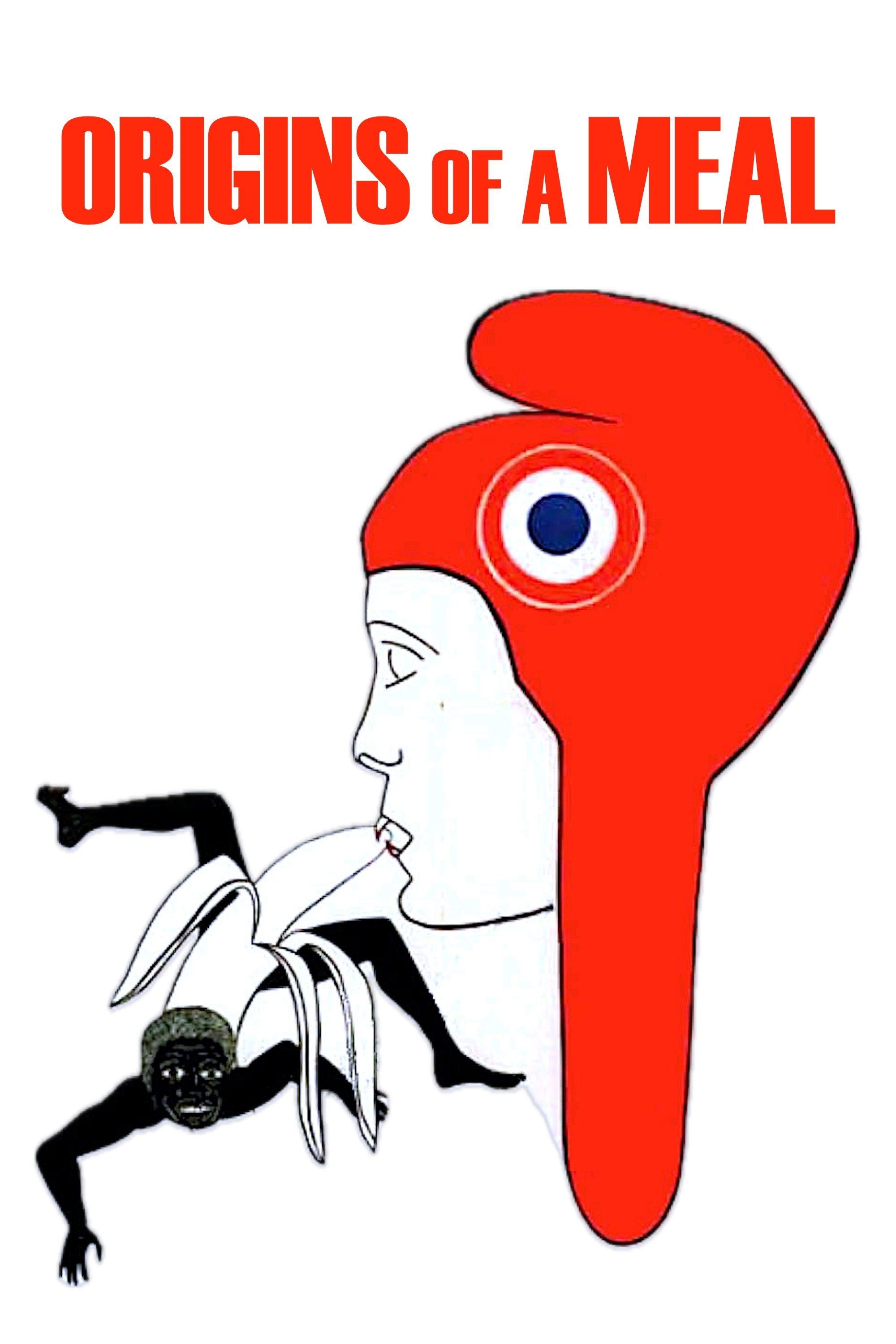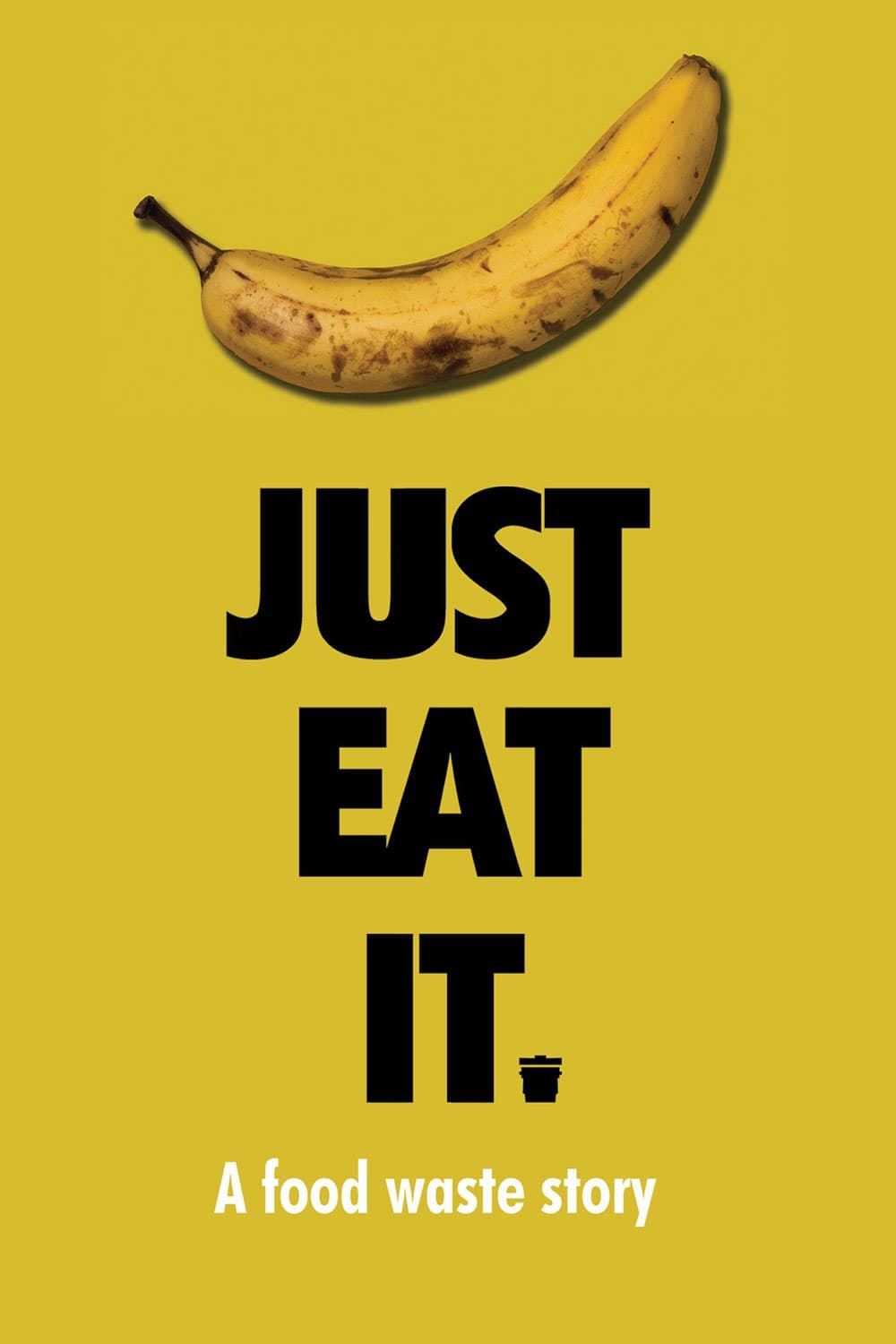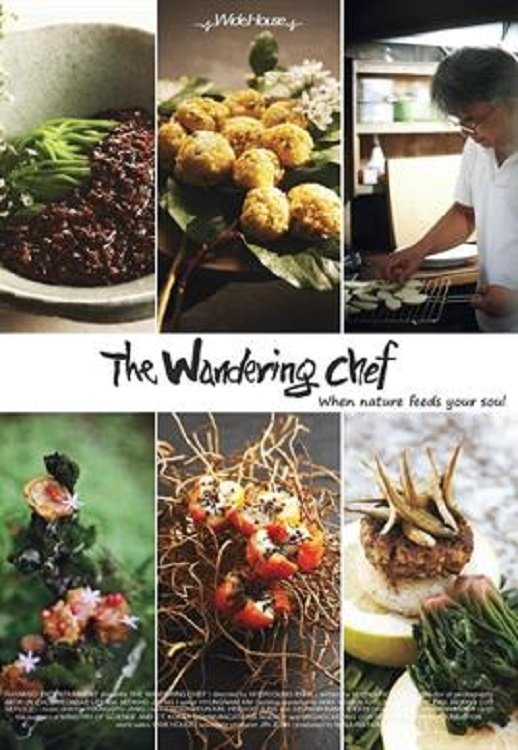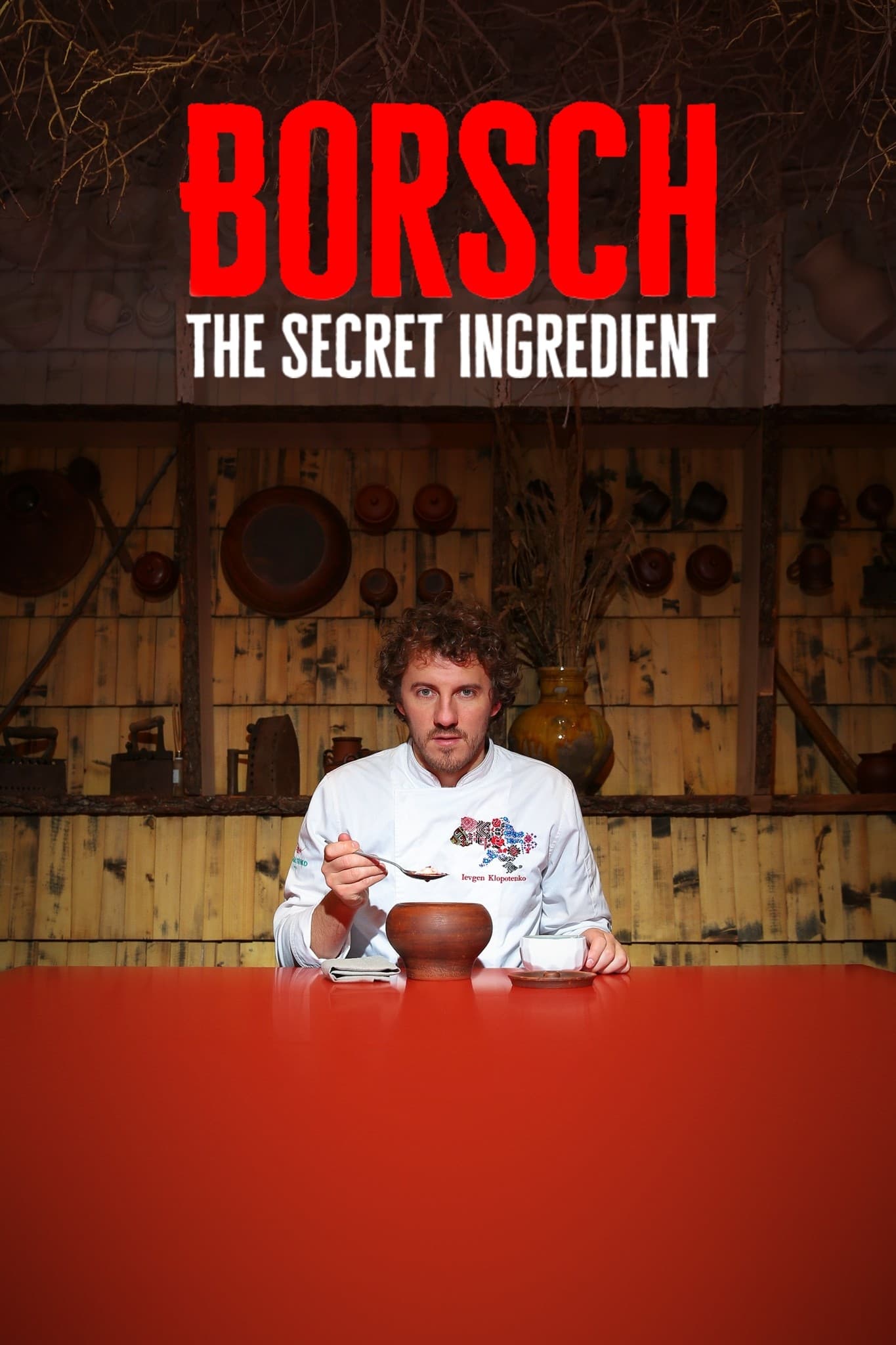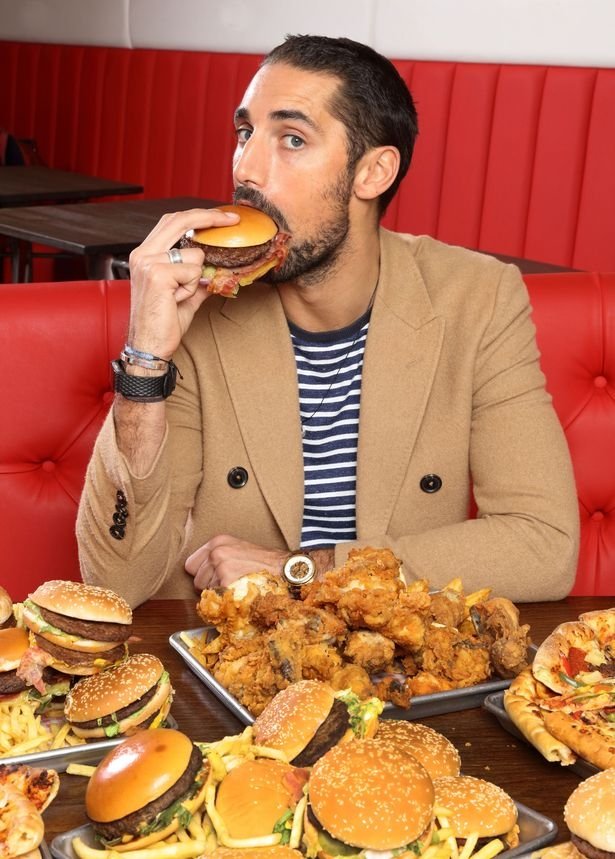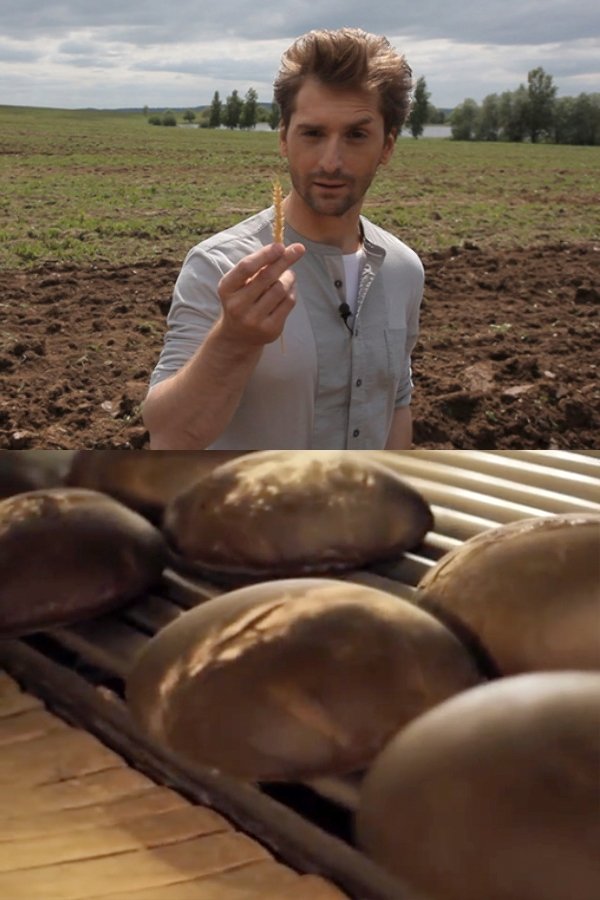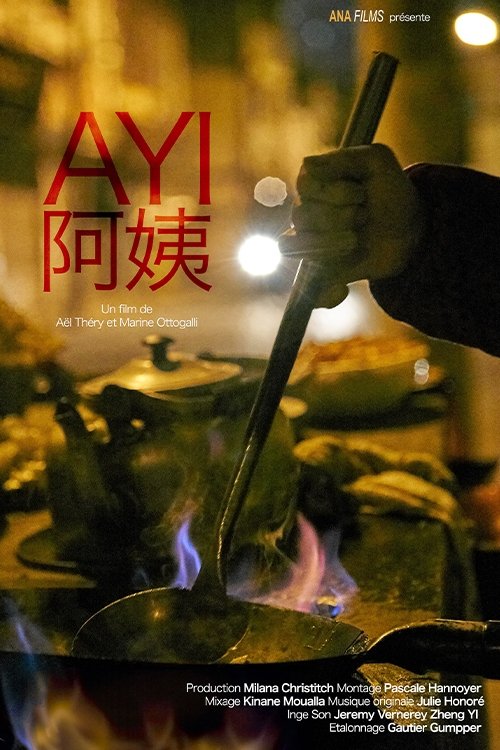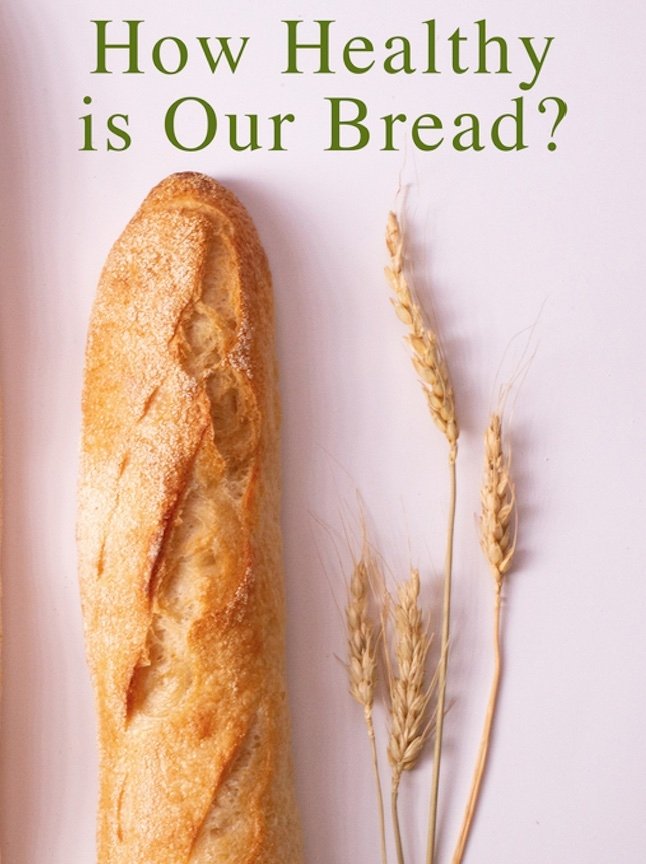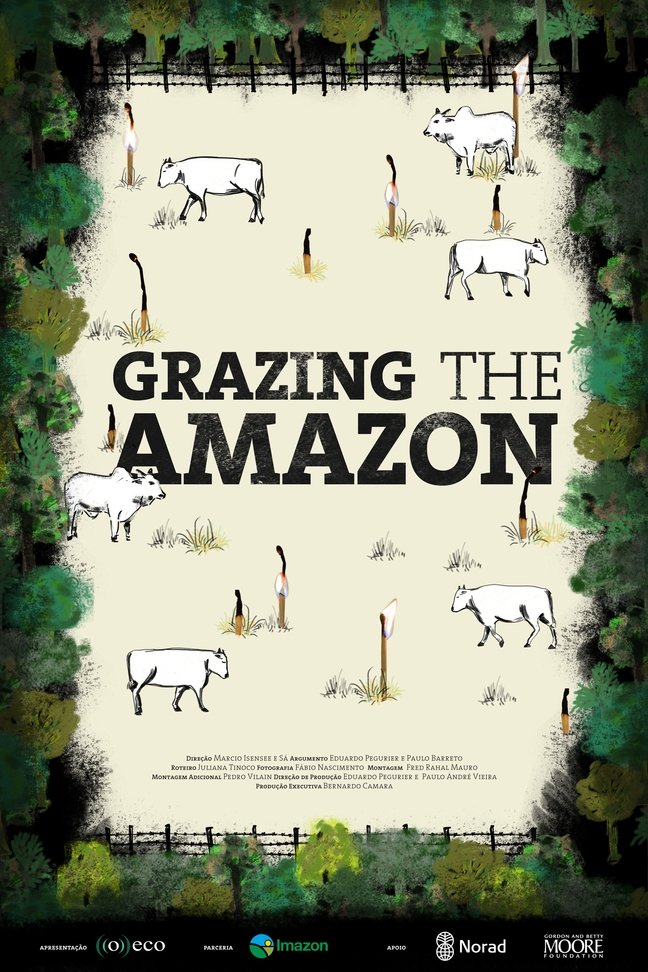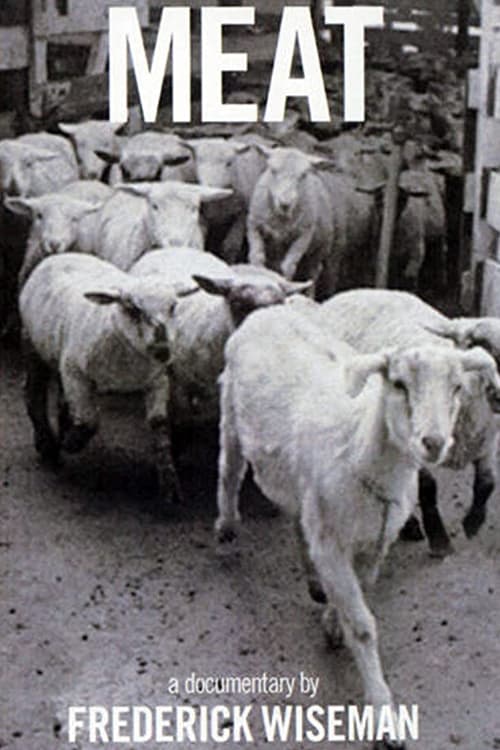
Meat (1976)
Overview
MEAT traces the process through which cattle and sheep become consumer goods. It depicts the processing and transportation of meat products by a highly automated packing plant, illustrating important points and problems in the area of production, transportation, logistics, equipment design, time-motion study, and labor management.
Production Companies
Additional Info
| Budget | $0.00 |
|---|---|
| Revenue | $0.00 |
| Original Language | en |
| Popularity | 0.356 |
Directed By
Frederick Wiseman
Crew
William Brayne
Frederick Wiseman
Oliver Kool
Oliver Kool
Frederick Wiseman
Frederick Wiseman
TOP CAST
Similar Movies
Clarissa & the King's Cookbook
Clarissa Dickson Wright tracks down Britain's oldest known cookbook, The Forme of Cury. This 700-year-old scroll was written during the reign of King Richard II from recipes created by the king's master chefs. How did this ancient manuscript influence the way people eat today? On her culinary journey through medieval history she reawakens recipes that have lain dormant for centuries and discovers dishes that are still prepared now.
Theatre of Life
An extraordinary soup kitchen in Milan - the Refettorio Ambrosiano - run by internationally renowned chef Massimo Bottura and 40 of the world's best chefs including Ferran Adria, Rene Redzepi, Alain Ducasse, Daniel Humm and many others. All food served was made from the food waste of Expo Milano 2015. The film also tells the compelling story of several of the refugees and homeless the Refettorio served.
Meat the Future
Meat the Future ushers the viewer into a world vexed by the impacts of modern day industrial animal agriculture and zeros in on a solution-focused story. Revealing challenges and breakthroughs and posing a myriad of questions about the future, this 90-minute character-driven documentary explores the advent of real meat without the need to raise and slaughter animals. Spanning three years, Meat the Future chronicles the potentially game-changing birth of a new food industry referred to as “cell-based” “clean” and “cultured” meat – a term hotly debated as the industry approaches commercialization
Origins of a Meal
Bananas, eggs, and tuna: three basic foodstuffs with three wildly different points of origin. Moullet begins with these on his plate but constructs his film by working backwards and finding the sources for these items and how they reach our plates. As Moullet’s investigation deepens, however, the film moves beyond the confines of a simple exploration of food origins into more political and social realms, not only relating to food but also to the medium of film.
Gutbuster
Part food doc, part comedy special, Gutbuster follows unhealthy stand-up comedian Dave Stone on a cross-country tour after a sobering health diagnosis pushes him toward a major lifestyle change. He talks to farmers, doctors and academics by day, compiling his own idiot's guide to the modern American meal, then makes funny about his experiences onstage by night.
Pusharatas: A Biloxi-Croatian Tradition
Every year at Christmas, the women of the Slavonian Ladies' Auxiliary celebrate their culinary heritage by getting together to make pusharatas (a type of Croatian doughnut) for the people of Biloxi, Mississippi.
Just Eat It: A Food Waste Story
We all love food. As a society, we devour countless cooking shows, culinary magazines and foodie blogs. So how could we possibly be throwing nearly 50% of it in the trash? Filmmakers and food lovers Jen and Grant dive into the issue of waste from farm, through retail, all the way to the back of their own fridge. After catching a glimpse of the billions of dollars of good food that is tossed each year in North America, they pledge to quit grocery shopping and survive only on discarded food. What they find is truly shocking.
The Wandering Chef
Korean celebrity chef Jiho Im mourns the death of a beloved maternal figure in the only way he knows how: cooking 108 delectable dishes over 24 hours.
Borsch: The Secret Ingredient
Meat-based or vegetarian, with or without beans, potatoes in or out, tomato sauce or real tomatoes added, dried mushrooms or smoked pears, or maybe just mom's borsch? Which variant should be considered "the real thing"? The battles have been lasting for years. That is why Yevhen Klopotenko, a well-known chef, sets out on a journey across Ukraine to uncover the most fascinating borsch recipes and to find the secret ingredients which make this dish unique.
The Junk Food Experiment
Celebrity test subjects try junk food overeating in a intresting experiment
SEED: The Untold Story
A film about the importance of heirloom seeds to the agriculture of the world, focusing on seed keepers and activists from around the world.
We Feed the World
A documentary that exposes the shocking truths behind industrial food production and food wastage, focusing on fishing, livestock and crop farming. A must-see for anyone interested in the true cost of the food on their plate.
Food, Inc.
Documentary filmmaker Robert Kenner examines how mammoth corporations have taken over all aspects of the food chain in the United States, from the farms where our food is grown to the chain restaurants and supermarkets where it's sold. Narrated by author and activist Eric Schlosser, the film features interviews with average Americans about their dietary habits, commentary from food experts like Michael Pollan and unsettling footage shot inside large-scale animal processing plants.
Bread
A unique project, the popular science series "Bread" is shooting around the world, interviews with scientists and world-class experts. There are 4 series in the project: "Immortality", "Money", "Hunger" and "Gene". This is a story about how bread controlled the destinies of continents and empires, how the rise of some civilizations and the fall of others depended on it, how in different countries and at different times it performed the function of money. This is the first time such a complete study of bread and grain is being carried out on a television screen. The focus is on the most interesting events in the history of Russia, Italy, France, Germany, England, China, Egypt and other countries.
Secret Ingredients
While the debate continues about GMOs, Roundup and other toxic pesticides, this powerful film shares remarkable stories of people who regain their health after discovering the secret ingredients in their food and making a bold commitment to avoid them.
Ayi
Ayi comes from a rural area of Eastern China and doesn’t have the residential permit that would allow her to work in Shanghai. Yet, she has been cooking in the streets for twenty years, in an old neighbourhood soon to be demolished. The film unveils the chaos of an ultra-modern city aiming to wipe out so-called substandard practices and to deport an unwanted population.
The Organic Life
Sweat, sun, rain, tears, and green thumbs are all part of the challenge for a young couple attempting to become full-time organic farmers in this illuminating doc.
How Healthy Is Our Bread?
More and more people are suffering from wheat and gluten intolerance. Wheat protein was long considered to be the cause of this scourge, and today gluten free products are on all the supermarket shelves. However, there is now increasing suspicion that it is not wheat but how it is processed that makes bread a potentially unhealthy food. Industrial processes simply do not give bread enough time to mature. More and more bakeries are reacting to this by introducing former production methods and ingredients such as champagne rye, emmer or in vogue chia seeds. Bread is baked according to old recipes, sometimes using home grown and home milled grains.
Grazing the Amazon
There are 85 million cows in the Brazilian Amazon, which means three cows for each human dweller grazing today and area that was once forest. Less than fifty years ago, in the 1970s, the rainforest was intact. Since then, a portion the size of France has disappeared, 66% of which transformed into pastures. Much of this change is a consequence of government incentives that attracted thousands of farmers from southern lands. Cattle ranching became an economic and cultural banner of the Amazon, forging powerful politicians to defend it. In 2009, there was a game changer: the Public Prosecutor's Office sued large slaughterhouses, forcing them to supervise cattle supplying farms.
